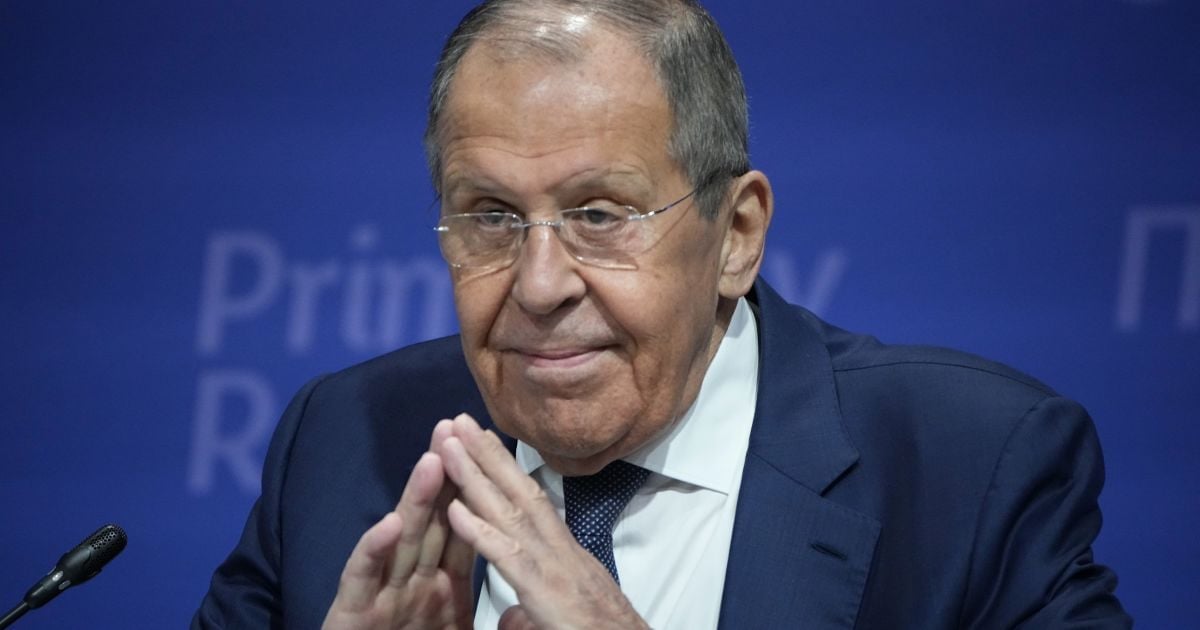Distortion of reality: Lavrov “denied” violation of the Budapest Memorandum
27 October 06:08
Russia has again publicly stated that it has not violated the Budapest Memorandum, despite its armed aggression against Ukraine.
This is reported by "Komersant Ukrainian" with reference to the publication of the Russian Foreign Ministry.
Russian Foreign Minister Sergei Lavrov said that Russia does not believe that its actions against Ukraine in any way violate the provisions of the Budapest Memorandum.
“It (the Budapest Memorandum – ed.) says that Ukraine, like other former Soviet republics that have given up nuclear weapons, will receive guarantees that nuclear states give to non-nuclear states. That is all. That is all. These guarantees indicate that nuclear weapons will not be used against non-nuclear states that are parties to the Treaty on the Non-Proliferation of Nuclear Weapons,” Lavrov said.
The Russian side claims that in parallel with the signing of the Budapest Memorandum, the parties allegedly agreed on a declaration enshrining OSCE principles, including commitments to respect for the rights of national minorities, democracy, and freedom of speech.
Moscow calls these principles violated by Kyiv and uses them as an argument to justify its aggression.
What does the Budapest Memorandum provide for?
The Budapest Memorandum on Security Assurances was signed on December 5, 1994. According to the document, Russia, the United Kingdom, and the United States pledged to respect the independence, sovereignty, and existing borders of Ukraine.
The signatories also pledged to refrain from the threat or use of force against the territorial integrity and political independence of Ukraine.
The document specifically emphasized that none of their weapons should be used against Ukraine except in self-defense or in accordance with the UN Charter.
In addition, the memorandum contained the parties’ commitment not to use economic pressure to subjugate Ukraine’s foreign policy decisions or to obtain unilateral benefits.
Violation of commitments
Since the annexation of Crimea in 2014, Russia has effectively stopped fulfilling the terms of the Budapest Memorandum. The armed aggression that began in eastern Ukraine, followed by a full-scale invasion in February 2022, was a direct violation of the document’s basic principles.
Thus, Moscow’s claims of “non-involvement” in the violation of the agreement contradict the facts and documented actions of the Russian army.
The international community has repeatedly emphasized that it was Russia that destroyed the safeguards system enshrined in the Budapest Memorandum, calling into question the very idea of nuclear disarmament as a tool for global security.









